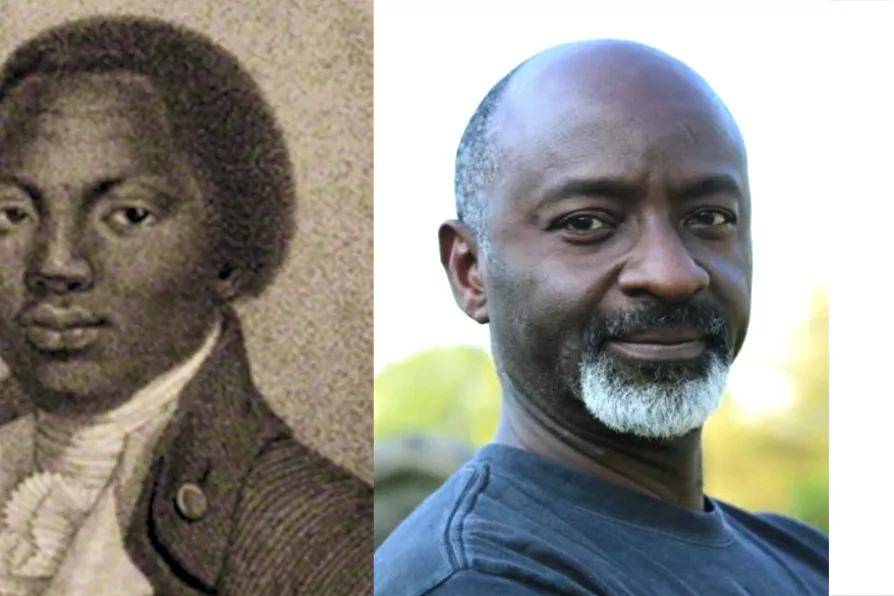John Wojcik pays tribute to a black US activist who spent six decades at the forefront of struggles for voting rights, economic justice and peace – reshaping US politics and inspiring movements worldwide

 Olaudah Equiano and Tayo Aluko who plays him in the BBC Radio 4 production
[Olaudah Equiano: public domain]
Olaudah Equiano and Tayo Aluko who plays him in the BBC Radio 4 production
[Olaudah Equiano: public domain]
ON TUESDAY afternoon (May 24), a new BBC radio docu-drama, made by myself and fellow producer Deborah Hobson, will chart the life and times of a remarkable but forgotten black British hero, who died 225 years ago. The Amazing Life of Olaudah Equiano is being broadcast at 4pm on BBC Radio 4.
Sadly, programmes like this made by black independent production companies like ours, The-Latest Ltd, are rare. When I asked a Radio 4 executive commissioner if she knew of any others working with her history department she said a forlorn “no.”
It’s as if, in British broadcasting, the game-changing Black Lives Matter movement, spearheaded by radical youth demanding change, had never happened.

GUILLERMO THOMAS is persuaded by a scathing critique of the Church of England and its embeddedness in imperialism

On the anniversary of the implementation of the 1833 Slavery Abolition Act, ROGER McKENZIE warns that the legacy of black enslavement still looms in the Caribbean and beyond

SUE TURNER is appalled by the story of the only original colonising family to still own a plantation in the West Indies

BOB NEWLAND relishes a fascinating read as well as an invaluable piece of local research









